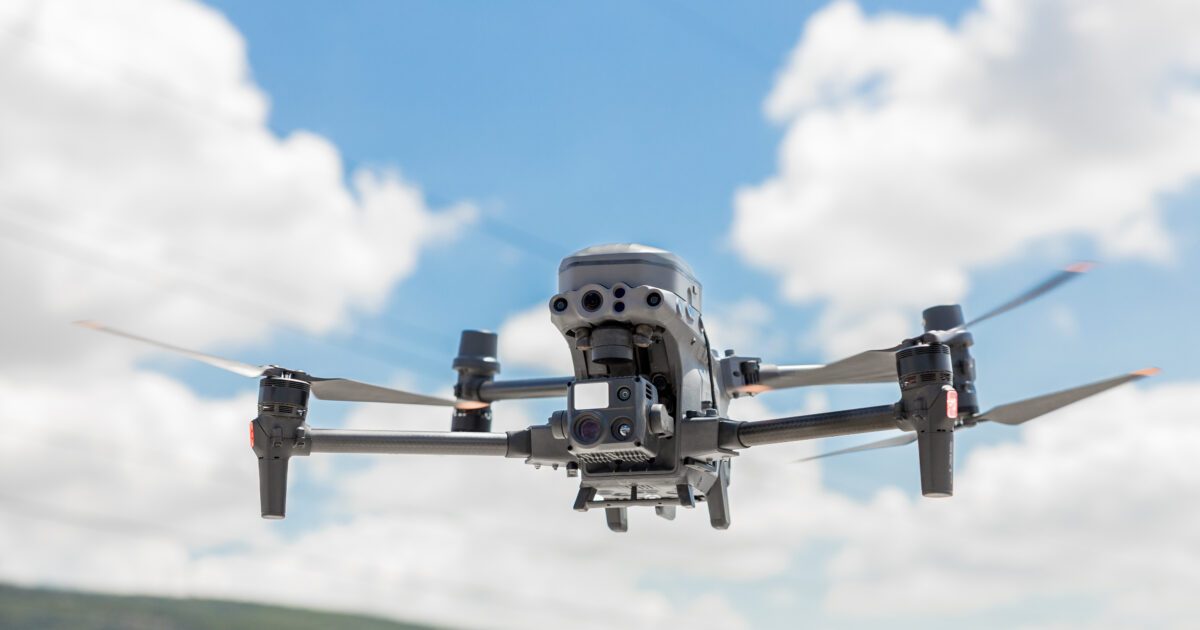Targeted and intensive checks The Independent Authority continues to hold and ensure the health and safety of employees continues to carry out Inspection.
At the same time, the Labor Inspectorate is modernizing its methods, utilizing innovative technologies. The next steps include the use of drones to enhance safety and health controls, as well as the supply of inspectors with body camera to increase safety and transparency in their work.
According to typical officials in the Labor Inspectorate, modern technological means aim to enhance the reliability and effectiveness of control mechanisms.
At the same time, throughout the summer period, the Labor Inspectorate conducts checks to implement the protection measures of workers from thermal stress, focusing on the periods during which high temperatures in the country prevail. These checks, which exceed 1,100 from the beginning of summer to the present day, have been deemed necessary to prevent phenomena of exhaustion or health risks, especially in outdoor work, where the effects of thermal stress are more intense.
Based on the data available, it is clear that labor inspection checks have increased steadily in recent years.
Indicatively, in 2023 a total of 73,579 checks were carried out, while in 2024 the number increased to 79,207.
In the first seven months of 2025 (January-July 2025), the Labor Inspectorate performed 46,042 checks, imposed 9,631 penalties and the amount of fines amounted to 27,105,542,00 euros.
In particular, labor relations inspectors carried out 25,316 checks and imposed 6,821 sanctions.
The Health and Safety Inspectors carried out 16,840 inspections, of which 2,329 sanctions resulted.
Special inspectors carried out 3,886 checks and imposed 481 sanctions.
According to the responsible executives of the Labor Inspectorate, the outcome recorded is due to the utilization of digital tools, data analysis, accumulated staff experience, as well as staffing the labor inspection with new human resources.
In this way, the Labor Inspectorate intensifies controls as a whole and focuses on high -intensity sectors or increased seasonal activity, with the aim of protecting workers’ rights and ensuring healthy labor market competition.
Now, handwritten bulletins have been replaced by tablets during checks, which facilitates the immediacy, accuracy and processing of findings.
It is also important to empower human resources. Already, the Labor Inspectorate has been reinforced with 82 newly -established inspectors, with an additional 32 hiring.
A key contribution to the effectiveness of the audits is the digital work card, as well as the sophisticated Business Intelligence (VI) system, which has the potential to reveal any violations resulting from the use of the digital work card and violations related to other provisions of the regulatory framework, such as paying the minimum wage.
As the Labor Inspectorate explains, the use of the BI system in no way removes the on -the -spot check. On the contrary, it works in conjunction in order to ensure compliance with legality for the benefit of both the employee and the employer who operates as a lawful and is affected by unfair competition.
“With the demand not only the quantitative but also the qualitative upgrading of the controls, we are also moving both with the enhancement of human resources and the utilization of tools given by technology, through the analysis of digital data and not only,” said Labor Inspection Commander George Tzilivakis.
Indeed, he notes that further disclosure of delinquency is feasible and the result of both the increase in the number of inspectors and the use of appropriate technologies for the better preparation, targeting and implementation of the audit project.
Source: RES-EIA
